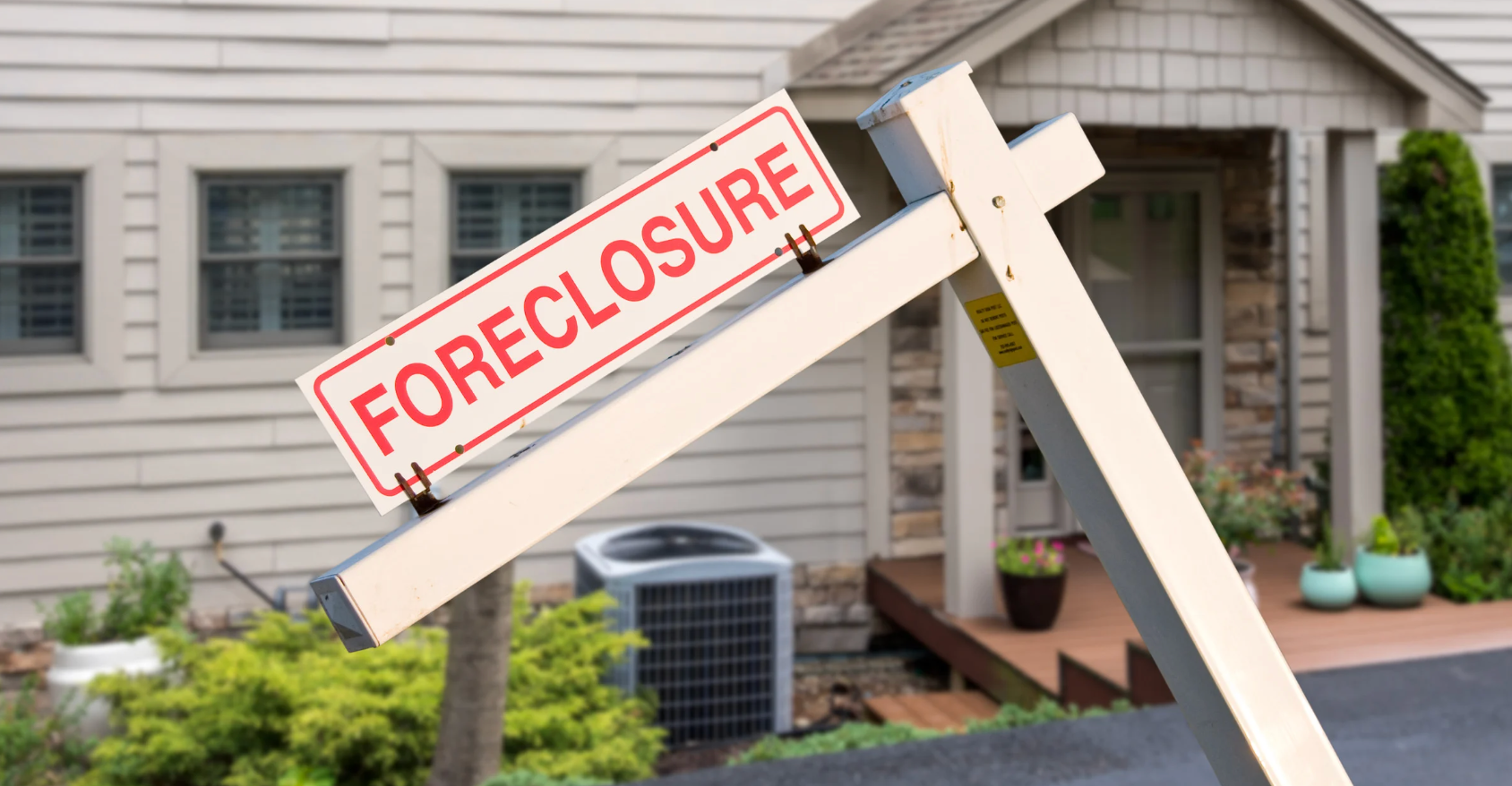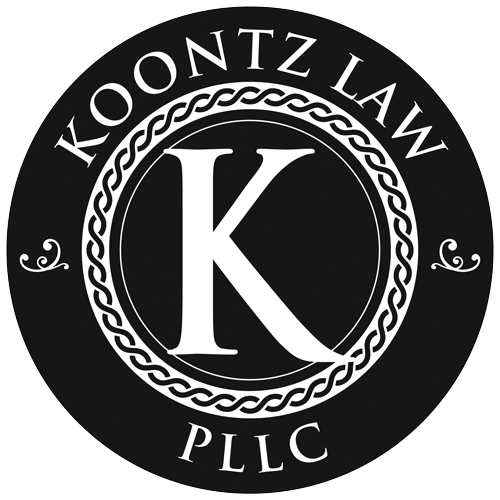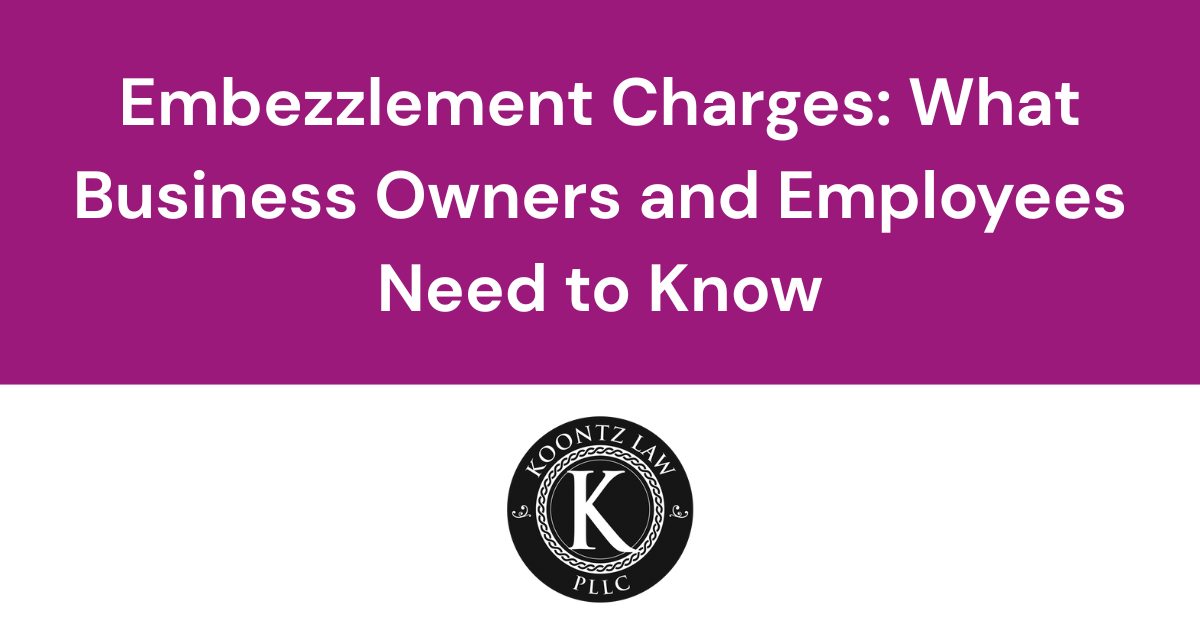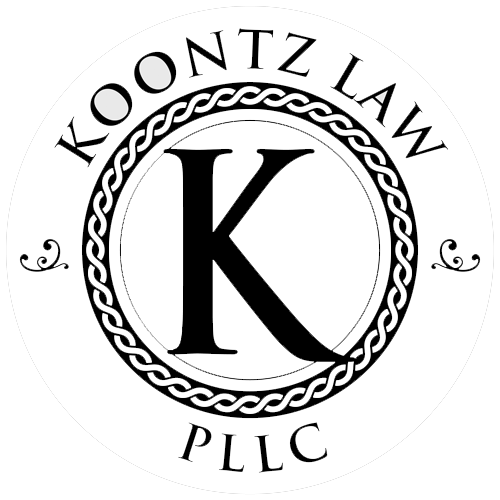Zoning Laws and How They Impact Your Real Estate Transactions
When buying, selling, or developing real estate, zoning laws play a critical role in determining what can and cannot be done with a property. Whether you’re a homeowner looking to add an accessory dwelling unit, a business owner hoping to open a new location, or a developer planning a major project, understanding zoning regulations is essential. At Koontz Law, PLLC, we help clients navigate these laws to ensure smooth and legally compliant real estate transactions.
What Are Zoning Laws?
Zoning laws are local regulations that control land use within a municipality or county. These laws divide land into different categories, such as:
Each zoning category has specific rules about what can be built, how structures must be designed, and even what activities can take place on the property.
How Zoning Affects Your Real Estate Transactions
Zoning laws can significantly impact property values, land use potential, and the feasibility of certain projects. Some key ways zoning laws affect real estate transactions include:
1. Property Use Restrictions
Before purchasing or selling property, it’s crucial to ensure the zoning designation aligns with your intended use. For example, buying a residentially zoned property with the hope of opening a business may not be possible without a zoning change or variance.
2. Building and Development Limitations
Zoning laws regulate aspects such as building height, lot size, setbacks, and density. If you're planning to construct a new building or renovate an existing one, these regulations could impact your project’s scope and cost.
3. Rezoning and Variances
In some cases, property owners may need to request a zoning change (rezoning) or apply for a variance to bypass certain restrictions. These processes can be complex, requiring applications, hearings, and approvals from local zoning boards. Koontz Law, PLLC assists clients in preparing and presenting rezoning and variance requests to increase the likelihood of approval.
4. Impact on Property Value
Zoning changes in a neighborhood can either increase or decrease property values. For instance, if an area is rezoned for commercial use, residential properties may see a rise in value due to demand from businesses. Conversely, an industrial rezoning near residential homes may lower property values.
5. Compliance Issues
Buying a property that isn’t in compliance with zoning laws can lead to legal issues, fines, or even forced changes to the property. Before purchasing, it’s important to conduct due diligence to ensure the property adheres to all zoning regulations. Koontz Law, PLLC can help review zoning compliance to protect your investment.
Get Expert Legal Guidance from Koontz Law, PLLC
Zoning laws are complex and can have a major impact on your real estate transaction. Whether you’re buying, selling, developing, or seeking zoning modifications, it’s essential to have knowledgeable legal guidance. Koontz Law, PLLC has extensive experience helping clients navigate zoning laws, ensuring compliance and protecting their investments.
If you need assistance with zoning regulations or real estate transactions, contact Koontz Law, PLLC today. Our team is ready to provide expert legal support tailored to your needs. Call us now to schedule a consultation and take the next step with confidence!











